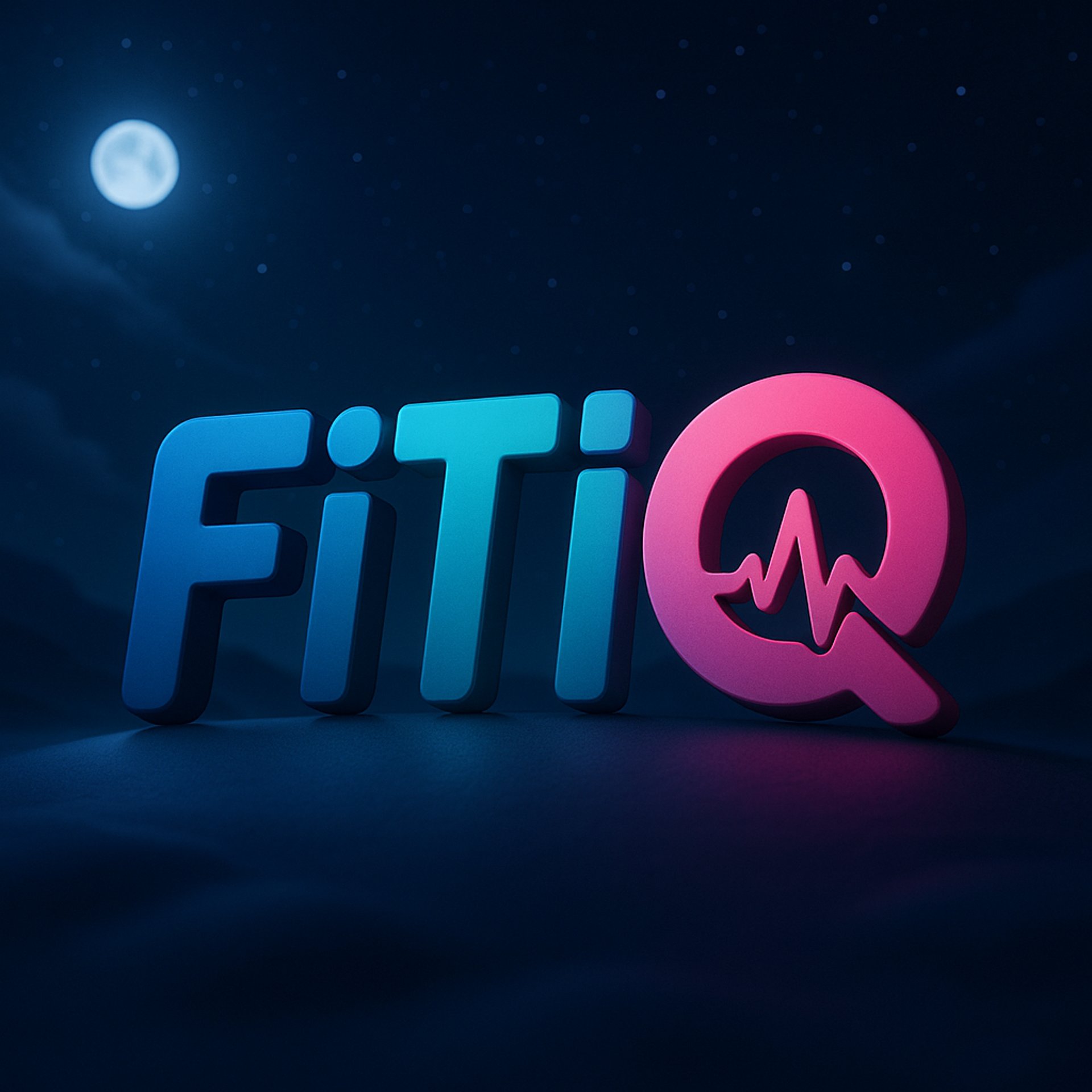"I Survived. I Lived. Then I Woke Up."
Did Albania Really Appoint an AI “Minister”? Meet Diella, the Algorithm With a Cabinet Seat
Albania just introduced “Diella,” an AI avatar presented as a cabinet-level minister to fight corruption in public procurement. Here’s what actually happened, why it matters, and how to think about AI running parts of government.
Christopher J
9/23/20253 min read


ALBANIA TAPS AN AI “MINISTER”: WHAT’S REAL, WHAT’S HYPE
Albania just did something bold, weird, and very on-brand for the 2025 zeitgeist: it unveiled an AI system named “Diella” and presented it as a government “minister,” tasked with cleaning up public procurement—the murky realm where contracts and corruption often shake hands. Prime Minister Edi Rama introduced Diella as part of his new cabinet program and let the bot deliver a short address to parliament. Cue headlines, backlash, and a global “wait, they did what?” moment. Reuters+2The Washington Post+2
WHO (OR WHAT) IS “DIELLA”?
Diella began life as a virtual assistant on Albania’s e-Albania platform, helping citizens pull documents and navigate digital services—think DMV, but with fewer lines and fewer sighs. The system presents as a female avatar in traditional Albanian attire and reportedly handled a large volume of interactions before being promoted to the political big leagues. The government says Diella will manage or oversee public tenders to reduce favoritism and graft. In her debut, the avatar emphasized she’s “not here to replace people” but to support them—more calculator than kingmaker. Reuters+2AP News+2
YES, IT SPOKE IN PARLIAMENT—AND THE OPPOSITION ERUPTED
When Diella “addressed” parliament, opposition lawmakers protested and boycotted the vote on the cabinet program, arguing the move is theatrically unconstitutional—after all, Diella isn’t a citizen or even, you know, carbon-based. The program still passed with the Socialists’ votes alone. The symbolism landed, but so did the controversy. Reuters+1
WHY PUBLIC PROCUREMENT?
Because procurement is the bullseye for corruption. Awarding big contracts—roads, hospitals, software—creates temptation. Rama’s pitch is that an AI can standardize criteria, log every decision, and resist lobbyist lunches. In theory, algorithms are incorruptible; in practice, they’re only as clean as their data, design, and the humans who build and supervise them. AI doesn’t take bribes, but it can be gamed, nudged, or quietly “updated.” Transparency here isn’t optional; it’s oxygen. Reuters
SO IS THIS A WORLD FIRST?
Framed the way Albania is framing it—an AI taking on a cabinet-level portfolio focused on procurement—yes, it’s a striking first. Governments have deployed AI for years (tax fraud detection, service chatbots, policy simulations), but elevating a system to a “minister” role is new political theater with real policy stakes. Think of it as algorithmic governance stepping into the spotlight. The Guardian+1
THE GOOD, THE BAD, THE GLITCHY
The Promise: If built well, Diella could enforce consistent scoring of bids, flag conflicts, and publish machine-readable decision trails. That’s auditing on tap. It also dovetails with Albania’s long-stated push toward EU standards, where procurement rules are a heavy lift. Reuters
The Risks: Black-box models deciding billion-euro contracts is a democracy no-no. Albania needs strong, independent oversight; open criteria; appeal mechanisms; and public logs. And if the training data reflects past favoritism, the model could just launder old biases with new math. That’s algorithmic lipstick on a political pig.
The Optics: A national avatar in folk dress giving anti-corruption sermons? Cinematic, yes. But if citizens perceive Diella as a shiny fig leaf over old habits, trust could drop, not rise. The opposition’s fury suggests the political battle will be as important as the technical rollout. Reuters
WHAT EXPERTS AND WATCHERS ARE SAYING
Policy commentators see the appointment as a stress test for democracy’s ability to harness AI without outsourcing accountability. One analysis warned against “digital technocracy” sneaking in through good intentions—replace smoky back rooms with opaque models and you’ve traded one form of unaccountable power for another. That’s the wrong kind of upgrade. Project Syndicate
SO… IS DIELLA A REAL MINISTER?
Legally and bureaucratically, the picture is still forming. The government calls it a minister and says procurement duties will shift to the system; the opposition says that’s unconstitutional cosplay. What’s undeniable is that Albania has placed AI at the core of a high-stakes, high-visibility function, and the world is watching to see if it’s more than a demo. Reuters+1
HOW TO JUDGE WHETHER THIS WORKS
Radical transparency: Publish criteria, model documentation, training data provenance (within security limits), and full logs of award rationales.
Human accountability: Name the accountable officials who sign off. When the model errs—and it will—someone human must own the fix.
Independent audits: Technical red teams, ethics boards, procurement law experts, and civil society watchdogs should be able to poke the system hard and publicly.
Citizen recourse: Clear appeal processes for bidders and open data for journalists. Sunshine isn’t a feature; it’s the platform.
A QUICK PERSONAL NOTE, AND WHY THIS MATTERS FOR YOU
On my creator’s recovery journey, rebuilding life meant building systems—habits, check-ins, small daily wins that added up. That’s what good governance is, too: designing processes that make the right thing the easy thing. Whether you’re healing, training, or just trying to live a bit better, you don’t need an AI “minister,” but you do need transparent routines you can trust. Try a mini “procurement reform” in your day: write down your criteria for important choices (sleep, workouts, meals), log decisions, and review weekly. Structure beats willpower.

Do you have a life changing story and want to help others with your experience and inspiration. Please DM me or Send me an email at the links below
Contact Me
© 2025. All rights reserved.
Privacy Policy
